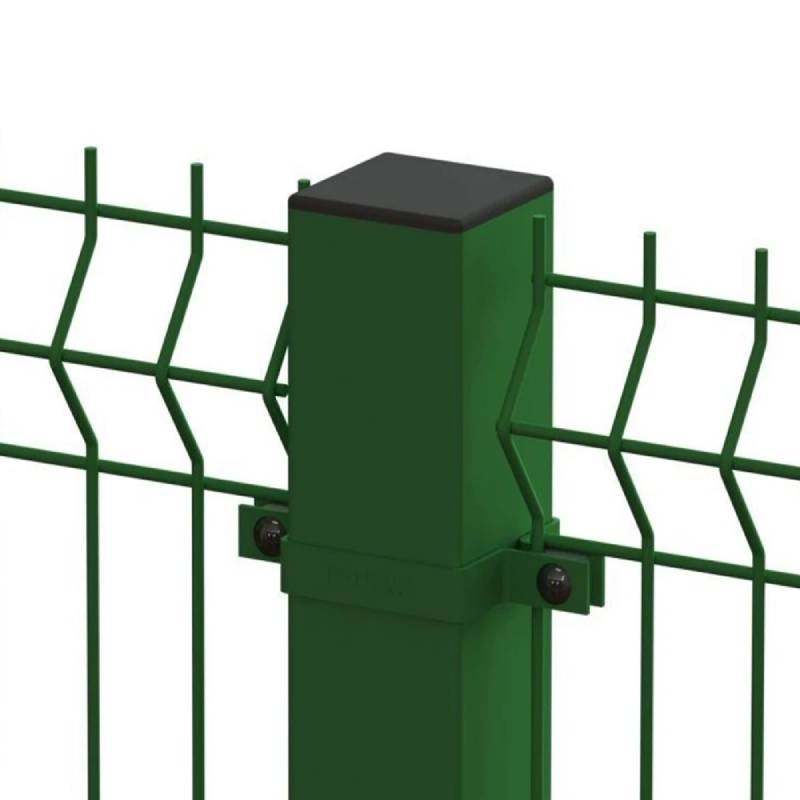Exploring Various Types of Metal Mesh for Industrial Applications and Uses
Understanding the Types of Mesh Metal
Mesh metal is a versatile material composed of interwoven metal strands that form a porous structure, commonly used in various industries due to its unique properties. It finds applications in filtration, reinforcement, shielding, and architectural design, among others. This article explores the different types of mesh metal, their characteristics, and common applications, illustrating why this material is indispensable in many sectors.
1. Welded Wire Mesh
Welded wire mesh is produced by welding together intersecting wires at their junctions. This type of mesh is known for its strength and stability, making it suitable for construction, animal enclosures, and fencing. The wires can be galvanized to prevent corrosion, increasing their longevity in outdoor applications. Unlike some other mesh types, welded wire mesh provides a consistent grid size, making it ideal for projects requiring precise measurements.
2. Expanded Metal Mesh
Expanded metal mesh is created by cutting and stretching a flat sheet of metal, resulting in a mesh with diamond-shaped apertures. This method allows the material to retain its original strength without any joints. Expanded metal is lightweight yet robust, making it useful for applications such as architectural facades, walkways, and flooring solutions. Its open structure allows for airflow and visibility, which can be beneficial in various design contexts.
3
. Perforated Metal MeshPerforated metal mesh consists of sheets of metal that are punched with holes in a predetermined pattern. The size and distribution of the holes can vary significantly, allowing for customized solutions based on specific needs. This type of mesh is not only decorative but functional, often used in applications like soundproofing panels, air ventilation systems, and industrial filters. The versatility in hole patterns also means that it can be leveraged in artistic designs or functional prototypes.
4. Chain Link Fencing
types of mesh metal

Chain link fencing is a common type of mesh metal used for security purposes. Composed of interlocking steel wires, this fencing offers visibility while providing a secure barrier. Chain link mesh is often galvanized or coated with vinyl for enhanced durability against weathering. It is widely used in residential, commercial, and industrial settings to secure perimeters, sports fields, and other designated areas.
5. Stainless Steel Mesh
Stainless steel mesh is renowned for its corrosion resistance and durability, making it suitable for high-performance applications. This type of mesh is often found in the food and beverage, pharmaceutical, and chemical industries where hygiene and strength are paramount. It can be produced in various weaves, including plain, twill, or dutch, depending on the purpose it serves. Stainless steel mesh is also valuable in architectural applications, providing an aesthetic appeal alongside functional benefits.
6. Brass and Copper Mesh
Brass and copper are less common types of mesh due to their specific properties. Brass mesh has anti-bacterial qualities and is often used in decorative applications as well as in scientific instrumentation. Copper mesh is particularly effective in pest control applications, as its conductive properties can deter rodents and insects. Both materials develop a patina over time, adding to their visual character and appeal.
7. Plastic Mesh
Though not a metal, it's worth mentioning that plastic mesh has become an alternative to traditional metal variants in specific applications. It is highly resistant to corrosion, lightweight, and often more cost-effective. Plastic mesh is commonly used in gardening, landscaping, and packaging while still providing a sturdy structure.
Conclusion
The diverse types of mesh metal available highlight its adaptability across various industries. From welded wire mesh for robust constructions to perforated panels for aesthetic and functional purposes, the choice of mesh metal will depend on the specific requirements of each project. Understanding these options allows architects, engineers, and designers to harness the full potential of mesh metal, enabling creative solutions and innovative applications. As technology and design continue to evolve, the relevance of mesh metal in modern applications will only grow stronger, securing its place as a foundational element in both functionality and design aesthetics.
-
Space-Saving Chain Fence Hacks Vertical Gardening with Cyclone MeshNewsJul.16,2025
-
Innovations in Iron Nail Wire Production for Modern ConstructionNewsJul.16,2025
-
Creative Uses of Wire Netting Fence in Modern Landscape DesignNewsJul.16,2025
-
Barbed Wire Fence Innovations in Anti-Climb TechnologyNewsJul.16,2025
-
Architectural Uses of Umbrella Nails for Aesthetic Roof DesignsNewsJul.16,2025
-
Architectural Uses of Razor Barbed Wire in Secure Urban DesignNewsJul.16,2025




